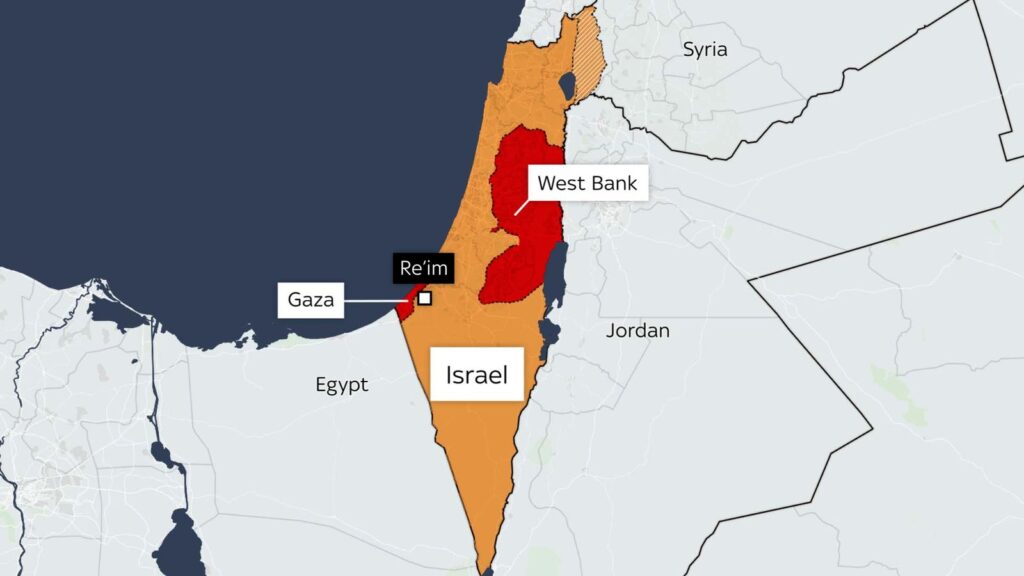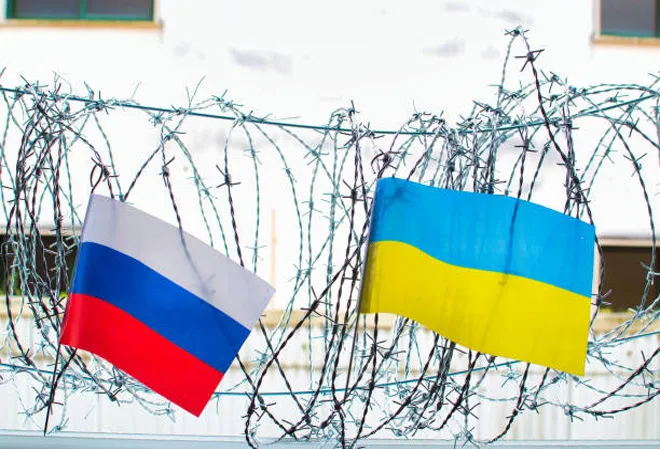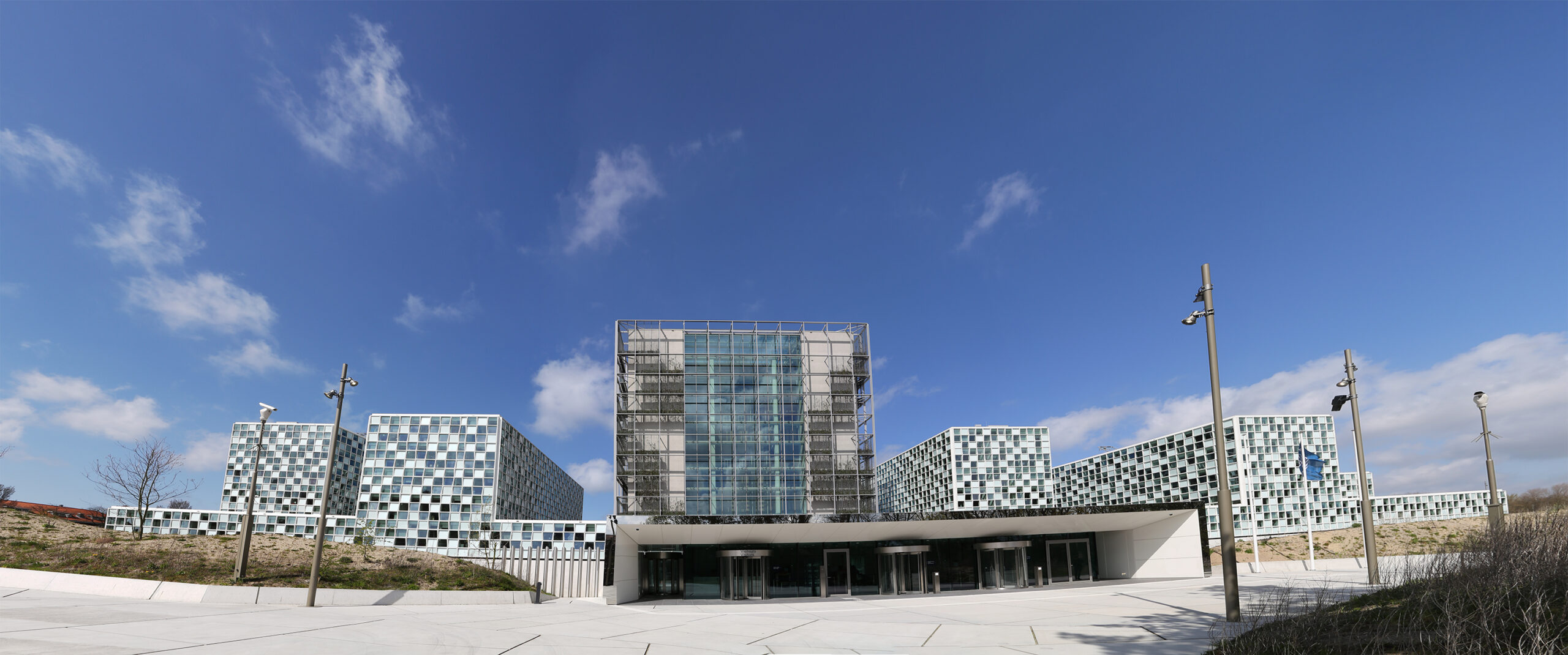The International Criminal Court, abbreviated as ICC, is the most important institution in the world dedicated to pursuing justice. The ICC files charges against all human beings for odious international crimes such as Genocide, War crimes, Crimes against humanity and Aggression. The effectiveness and impact of arrest warrants by the ICC are topics of ongoing debate. This article explores the relevance and potential limitations of these warrants. It does so by examining recent and historical high-profile cases.
The Role of the ICC in International Justice
In this segment, learn how the ICC upholds international law and accountability by prosecuting serious crimes.
Maintaining International Law -The ICC was set up to account the most serious violators of international law and through such prosecutions, the ICC advocates for the principles of justice and human rights in the world.
Promoting Global Accountability – The ICC arrest warrants oblige the members of the state to execute the arrest and surrender of the suspects. It enforces an international accountability system—a system under which all people are subject to the law, regardless of position or nationality.
Deterrent Effect – The threat of facing charges at the ICC serves as a deterrent to potential perpetrators. Knowing that the international community is vigilant and willing to take action can discourage individuals. This awareness can prevent them from committing serious violations of human rights and humanitarian law.
Limitations and Challenges Faced by International Criminal Court
This section delves into the ICC’s limitations and challenges, such as state non-cooperation, political resistance and the symbolic nature of its arrest warrants.
Non-Cooperation by States – Indeed, the greatest menace to the very existence of the ICC comes from the cracks in its effectiveness, in other words, a lack of cooperation from some countries. This thus leaves the court exposed not to have power in the provisions of both their jurisdiction and enforcement.
Political Resistance – Political leaders and high-ranking officials often use their influence to dodge justice. Governments might refuse to comply with ICC warrants because of political considerations, national interests or strategic alliances. This undermines the court’s efforts to hold individuals accountable.
Symbolic Nature – Without a dedicated enforcement mechanism, ICC arrest warrants can sometimes be seen as symbolic. The court relies on member states to execute warrants. Inconsistent enforcement can diminish their practical impact.
Recent high-profile cases of International Justice
Israel and Hamas

The ICC has just issued arrest warrant for Israeli Prime Minister Benjamin Netanyahu, Defence Minister Yoav Gallant and heads of Hamas. They are accused of alleged war crimes against humanity. This course of action has drawn huge controversy. This shows that the process of applying international justice in conflict situations is difficult.
Netanyahu stated the warrant as a “moral outrage.” He accused the ICC of antisemitism and bias. He argued that Israel’s actions were a legitimate defense against Hamas. He labelled Hamas as a “genocidal terrorist organization.” Gallant described the warrants as a “disgraceful” interference in the war. He emphasized that Israel does not recognize the ICC’s authority.
In contrast, human rights organizations like B’Tselem praised the ICC’s efforts to hold both sides accountable. They argued that the warrants represent a critical move towards greater accountability and justice. This challenges the impunity that has often characterized the Israeli-Palestinian conflict.
Ukraine and Russia

The ICC has issued arrest warrants for Vladmir Putin, President of Russia and Maria Lvova-Belova Russian Commissioner for Children’s rights alleging responsibility for the war crime of unlawful deportation and transfer of children during ongoing Russo-Ukraine war.
The ICC arrest warrants, of course, are but a thin slice of a documentation and accountability effort regarding the crimes amidst the ongoing conflict in Ukraine. Russia is not a party and in all condition ignoring warrant, still the arrest warrants underscore how determined the ICC is to bring justice to the victims.
Historical High-Profile Cases
Omar al-Bashir: The First Sitting Head of State Indicted by the ICC
In 2009 and 2010, the ICC issued arrest warrants for Sudanese President Omar al-Bashir, accusing him of genocide, war crimes and crimes against humanity in Darfur. These were the first ICC warrants issued for a sitting head of state.
Al-Bashir dismissed the charges and continued to travel internationally. He often visited countries that were not ICC members or chose not to enforce the warrants. His case highlighted significant challenges in enforcing ICC warrants, particularly against powerful leaders. Despite limited immediate impact, the warrants increased international isolation for al-Bashir and underscored the ICC’s resolve to pursue justice.
Muammar Gaddafi: The Fall of a Libyan Leader
In 2011, during the Libyan civil war, the ICC issued an arrest warrant for Libyan leader Muammar Gaddafi. His son, Saif al-Islam Gaddafi, was also included. Intelligence chief Abdullah Senussi was named as well. They were charged with crimes against humanity. These charges were for the violent suppression of civilian protests.
Gaddafi’s regime fell later that year. He was killed by rebel forces. While Gaddafi was never brought to trial, the warrants contributed to the international pressure that led to his downfall. Saif al-Islam Gaddafi has faced some judicial processes. Abdullah Senussi has also faced varying degrees of judicial processes. This highlights the complexities of post-conflict justice.
Joseph Kony: The Elusive Rebel Leader
The ICC issued arrest warrants for Joseph Kony, leader of the Lord’s Resistance Army (LRA), in 2005. Several of his top commanders were also included. They were charged with war crimes and crimes against humanity for their roles in a brutal insurgency in Uganda.
Despite international efforts, Kony remains at large free. This illustrates the difficulties in capturing individuals who operate in remote and unstable regions. However, the warrants have brought global attention to the atrocities committed by the LRA. They have spurred international cooperation in efforts to apprehend Kony.
Future direction
Relative to the importance of the ICC arrest warrants is the sense of symbolism and legal powers credited to the enforcement of international justice, accountability promotion and future crime deterrence. Instead, their effectiveness is often reduced by the political resistance doctrine, non-cooperation of powerful states and fulfilment.
Recent cases involving Israel, Hamas, Ukraine and historical cases such as those of ‘Omar al-Bashir’, ‘Joseph Kony’, and ‘Muammar Gaddaf’ illustrate both the potential and limitations of ICC warrants. While they can drive significant political and diplomatic responses, their ultimate effectiveness depends on the international community’s support for and enforcement of international justice.
As such, the future effectiveness of the ICC has to be hinged on broader international cooperation and a commitment to enforce the rule of law. It is therefore, imperative to further build upon the enforcement mechanisms and get more backing from the world community than its current standing in order to have ICC arrest warrants go some way toward meeting their point—the delivery of justice and peace.
A closer look at these modern and historical examples reveals the ICC arrest warrants as a desperately needed tool in the struggle for international justice, though with any number of challenges to face.

